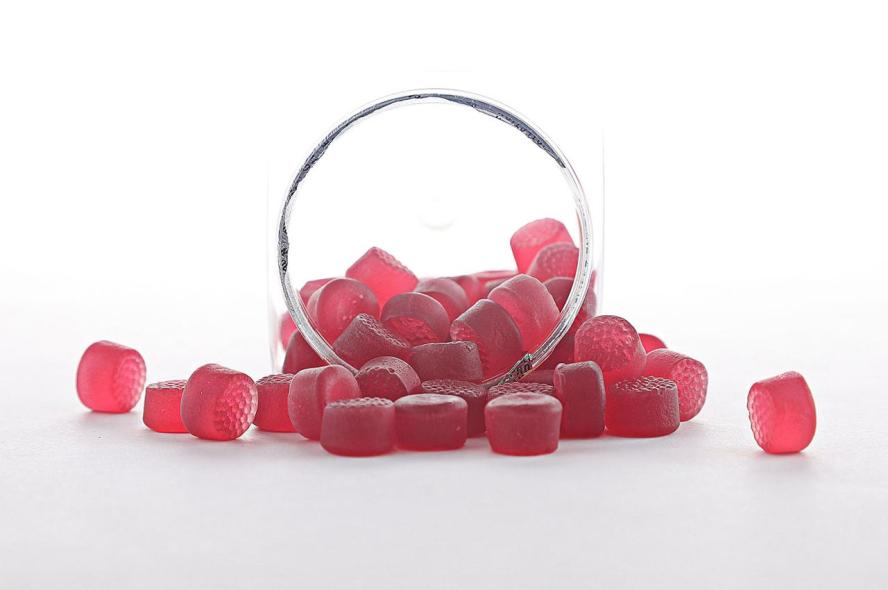-
About
- Departments & Offices
-
Academics
- Public Health
- Biomedical Sciences
- Physician Assistant
- Special Master’s (MBS)
-
Admissions & Financial Aid
- Tuition & Fees
-
Student Experience
-
- Student Resources by Program
- Academic & Student Support
- Wellness & Wellbeing
- Student Life
- Events & Traditions
-
-
Research
- Research Labs & Centers
- Tufts University-Tufts Medicine Research Enterprise
-
Local & Global Engagement
- Global Health Programs
- Community Engagement
Is Melatonin Safe for Kids?
Tufts sleep experts share advice for parents on using the supplements to help children sleep

The use of melatonin supplements as a sleep aid for children is becoming more common. The number of children taking melatonin at least once a month has risen nearly 20-fold since 2018. From 2012 to 2021, calls to poison control centers reporting melatonin ingestion in children rose 530%, and sales of the supplement have doubled since 2017.
Melatonin is a hormone that the body produces to get ready for sleep. Our brains begin to release melatonin about three or four hours before our usual bedtime, then continue producing the hormone through the night. Melatonin production wanes closer to the morning hours.
However, the recent uptick in use has started to concern doctors, who worry that adults and children may be taking unnecessary amounts of the supplement rather than addressing sleep problems with healthier habits. “We live in a culture where we want a quick fix for our sleep. But life just doesn't work that way,” said Alison Kole, M04, a School of Medicine alumna and host of a podcast called “Sleep is My Waking Passion.”
Doctors may recommend melatonin to treat insomnia, jet lag, and other sleep disorders. It’s also used to help children with autism and attention deficit disorders to sleep, since those conditions sometimes cause delayed melatonin production.
Typically, the supplement comes as an oral tablet, capsule, gummy, or liquid. Melatonin is not recommended for children under 5, said Aarti Grover, a clinical assistant professor at Tufts University School of Medicine and medical director of the Center for Sleep Medicine at Tufts Medical Center. Children 5-12 can take between one and three milligrams of melatonin, while teens should not take more than five, she said.
Taking too much melatonin can have adverse effects, she said. Exceeding the dosage recommended by a doctor can lead to daytime grogginess, while more severe effects include diarrhea, vomiting, confusion, short-term depression, and an increased risk of seizures.
The long-term effects of taking melatonin are not well understood, said Grover and Kole. “There are not a lot of major studies,” Grover said. If children use melatonin for too long, they may develop a tolerance to it, leading to higher and higher doses needed to be effective, said Grover.
It’s nearly impossible to track melatonin dosages, too: melatonin is considered a dietary supplement, and therefore isn’t regulated by the U.S. Food and Drug Administration in the way that other medications are. Without FDA approval, the amount of melatonin advertised on the package and the amount that actually exists within the supplement may not match up.
One study that tested various brands of melatonin supplements found that the actual content of melatonin in the pills ranged from 0-347% of the advertised dosage. Only three of the 25 products analyzed in the study actually contained the advertised quantity of melatonin. “That's where the safety concerns come in,” said Grover.
Your best chance to get a correct dosage, said Kole, is to consider melatonin supplement brands that have a label from the United States Pharmacopeial Convention, which indicates that an independent organization reviewed the supplement’s manufacturing process.
“Melatonin should only be used very judiciously and if recommended by a sleep specialist,” said Kole.
Department:
Medicine